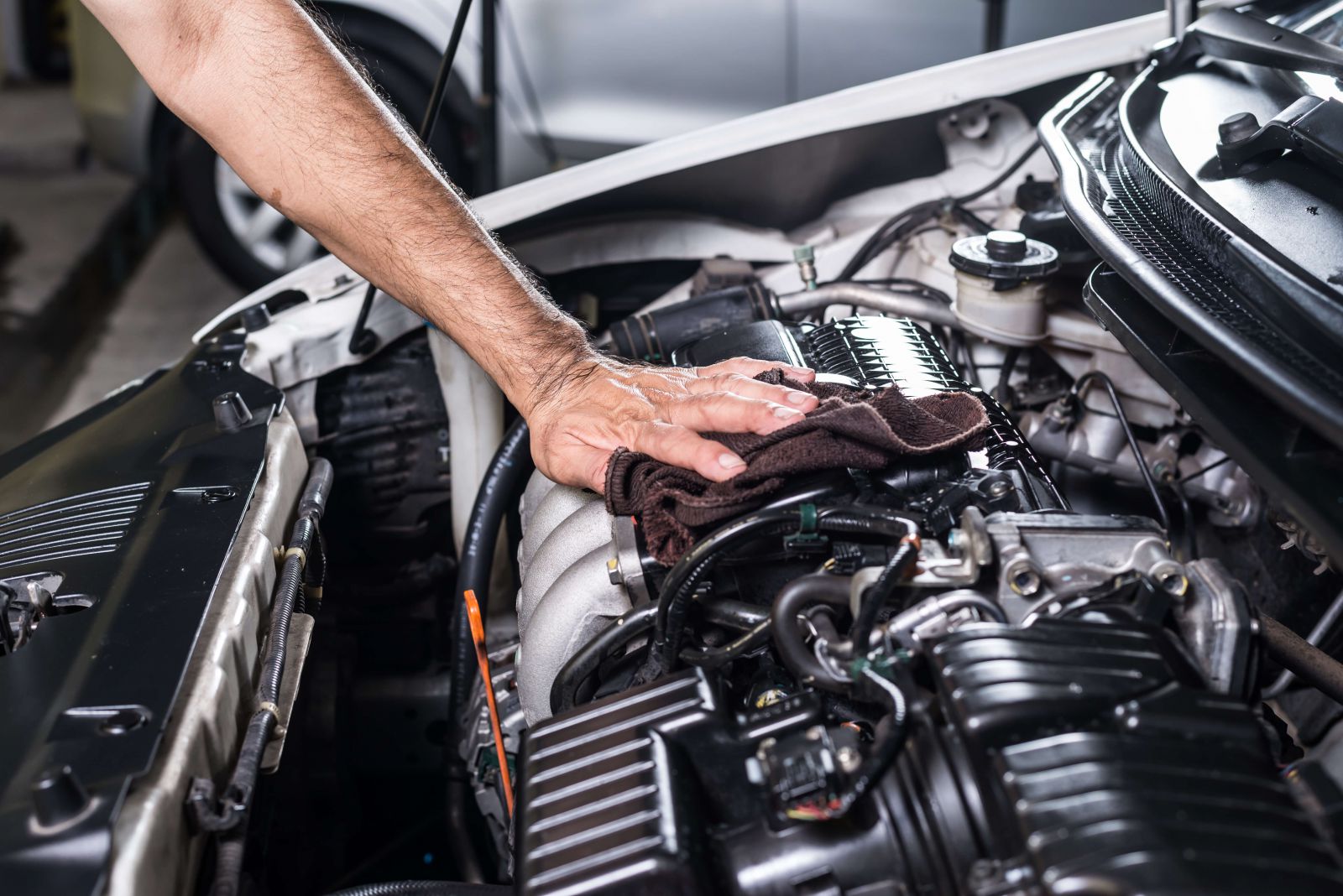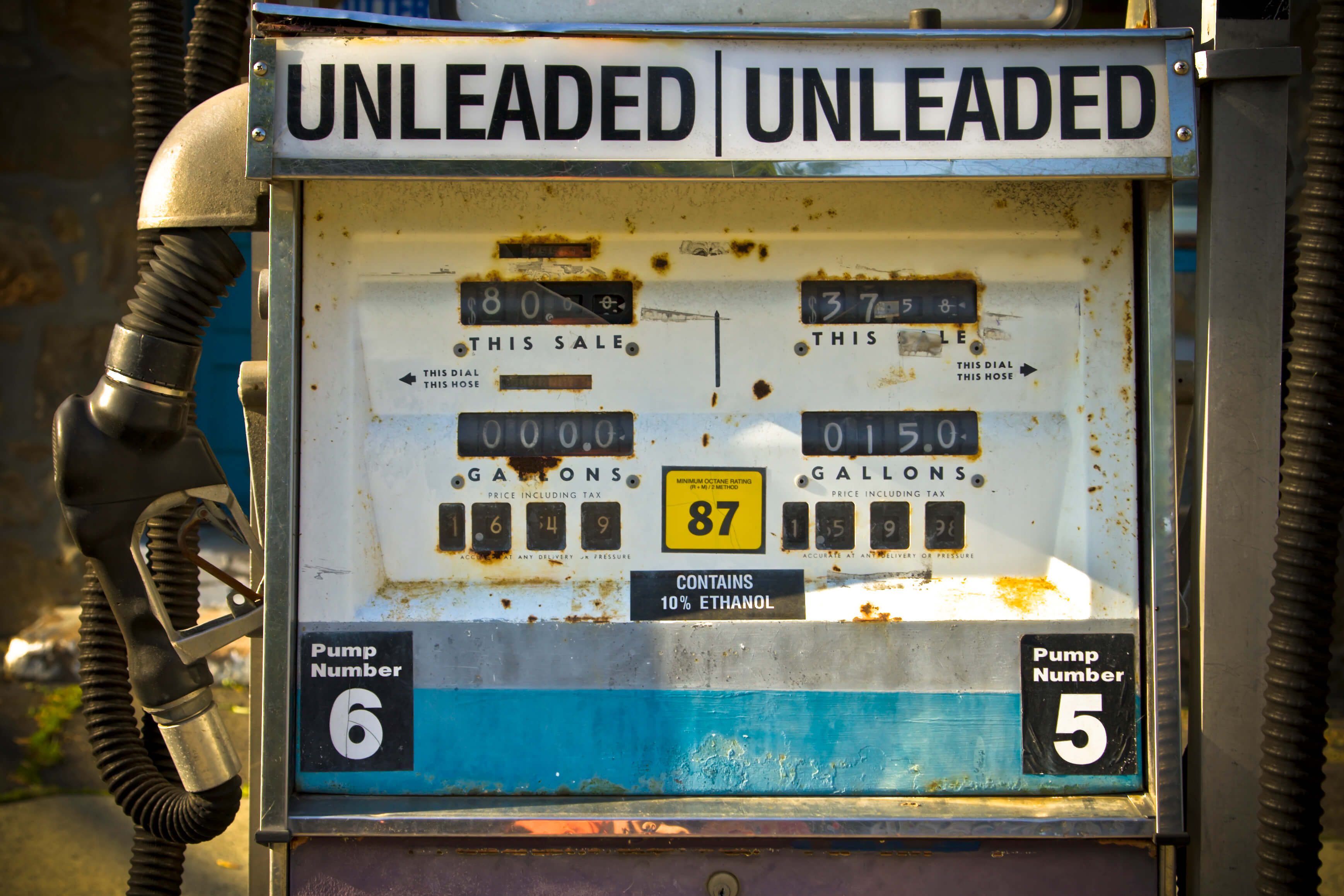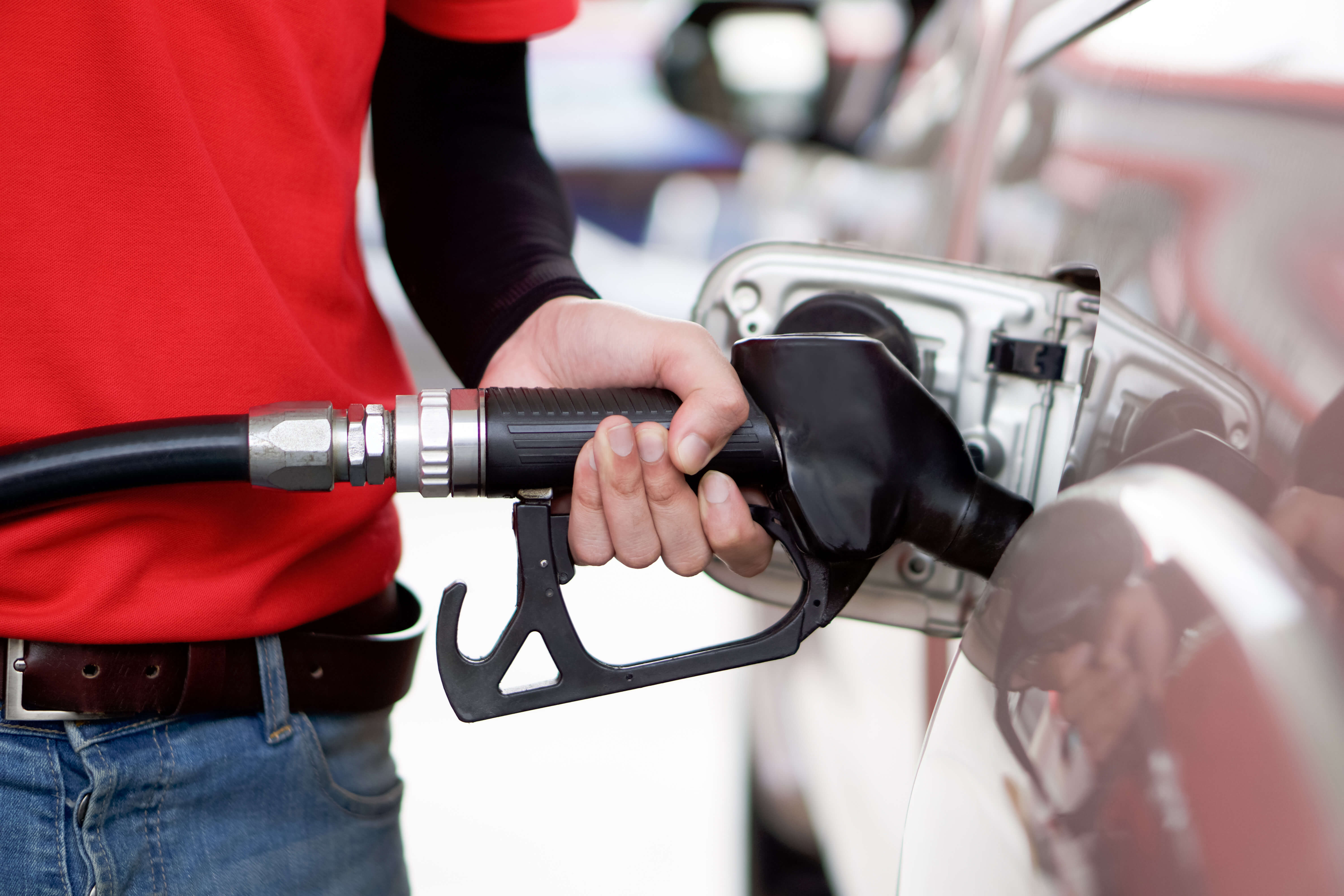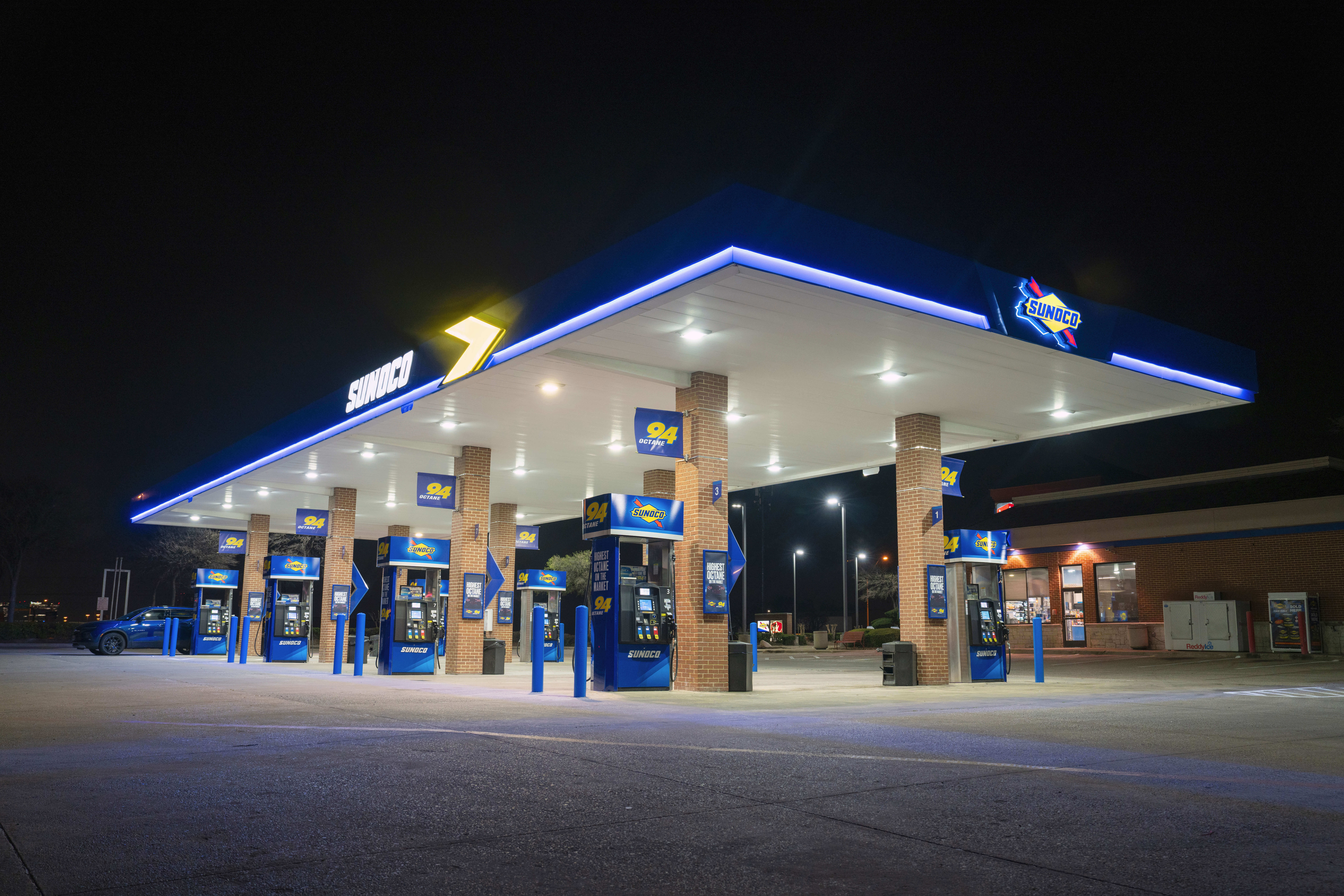Performance Fuels

Gasoline Makes a Terrific Degreaser, Yet This Practice Can Kill You
- Category:
- Fuel Facts
by Classic Motorsports
Posted on 12/5/2024

The Science: People have been cleaning greasy parts with gasoline for decades, and the science explains why it works so well: “Number-one rule of solubility is likes dissolves likes,” explains Zachary J. Santner, senior specialist of quality at Sunoco.
In this case, gasoline, oil, and grease are all formed from hydrocarbons. The big difference lies simply in the length of the chains – science talk for how far each product is refined.
The Safety: More science explains the danger of using gasoline as a solvent. Compared to kerosene, diesel fuel and proper parts-cleaning solutions, gasoline has a high vapor pressure, meaning it easily evaporates from an uncapped container. Those gasoline vapors then pool on the ground–picture the fog machine chugging away the last time you saw Iron Maiden or Judas Priest.
Now the big concern: Those pooled gasoline vapors are quite combustible, easily ignited by a welding spark, pilot light or other common source. Now you’re standing in the middle of fire, which, despite what you might think, is not very metal.
The Solution: How do we know that proper cleaning solutions offer a safer alternative to gasoline? Check the safety data sheets – easily found online – and look at the flash points.
OSHA defines a flash point as “the minimum temperature at which a liquid gives off vapor within a test vessel in sufficient concentration to form an ignitable mixture with air near the surface of the liquid.” Then there’s a line for those who don’t own a lab coat: “The flash point is normally an indication of susceptibility to ignition.”
Gasoline has a flash point of 40 degrees below zero, meaning it’s flammable once it’s warmer than that temperature; CRC Parts Washer Solvent, in contrast, has a flash point of 204 degrees Fahrenheit. “The liquid won’t produce enough vapor to support a fire until 204 degrees,” Santner explains.
Another alternative: water-based cleaners that, Santner continues, rely upon surfactants and emulsifiers to suspend oil, and grease in the cleaning solution and remove them.




